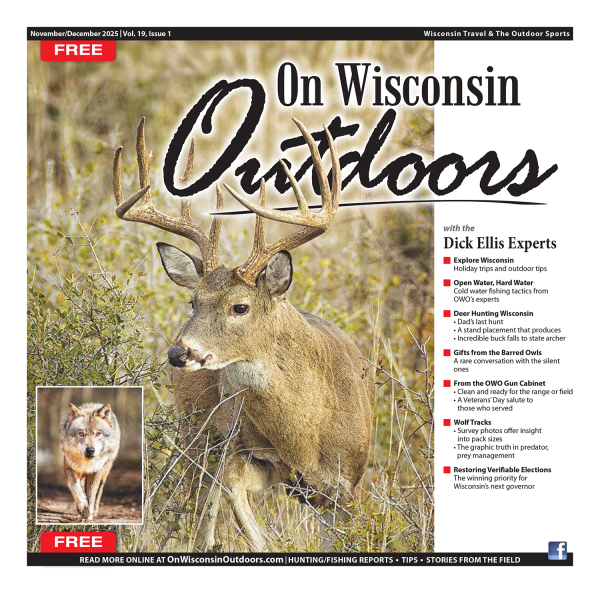Foothills of the Blue Ridge Mountains
By Darrell Pendergrass
My grandparent’s place in rural western North Carolina was situated in the foothills of the Blue Ridge Mountains; it always seemed old there when we’d go to visit, yet comfortable and familiar.
When I was a boy the summers there were extraordinarily hot during the day, but eventually the coolness of night would come tip-toeing down from the mountains at dusk. We’d sit on the porch in the evenings and listen to the whippoorwills calling up on the hills. We’d talk softly to one another; nearby the dogwoods and the maples rose up like giants in the shadows.
Ruby and Don were text-book grandparents and products of their time, their home doubled as a small cattle farm, they grew their own vegetables – Ruby’s kitchen always smelled like fresh green beans – and Don worked the grave-yard shift at Champion Paper in Canton. They made do with what they had and they did things for themselves.
Down their two-track gravel driveway, close to the paved road that snakes through the hills, runs a little creek, and across that creek Don had built a wooden bridge. About 12-feet in length, the bridge once sat nearly six feet off the water. Under the bridge water spiders would skate and race in eddies created by the rocks that jutted out from shore. I once saw a water moccasin swimming under there.
Down the creek, not far, where the road moves away and skirted over toward one of Don’s lower barns, a deep pool sat fat and wide in the stream back then; water swept over sizable rocks and boulders to form a place where German browns could hold near the bottom. These trout were drawn to this deep place by the cool waters that come down from the mountains, and they relaxed in the shade of the towering trees lining the creek’s bank.
I wanted to catch these trout, but didn’t know how.
Of course Don had a plan, and we dug night crawlers over by that lower barn. There were a lot of worms there as I recall, and it wasn’t much trouble to quickly have as many as you thought necessary. When you think about it you don’t need too many worms to fish with, if you know what you’re doing.
Don’s garage held a sizable collection of tools and gadgets; rakes and shovels hung from the rafters, a push mower leaned in the corner. Of course he had a fishing pole in there somewhere, but where? Oh, there it is. And he wouldn’t have been a real grandfather if he didn’t have a bobber or two lying around. He did.
On the porch that night we strung up the fishing pole. The plan was simple, it’s the same plan that’s been used by would-be anglers for centuries – toss the bobber and worm out above the hole and let it wash down through the hole. Maybe something will bite.
The next day was a hot one; walking down to the fishing-hole alone I could almost hear the asphalt sizzling under the baking sun. I was warned to be careful in this stretch of water; there was no need to get swept away in the current.
I recall tossing that bobber out above the rocks, time and again. It would bounce and dribble back through the hole, over and over. It appeared futile; the fish weren’t going to bite. They just weren’t.
My memories of childhood are shelved in my mind in an order of blurred images; I can’t remember what sort of car my grandparents had, or the color of their house, but that creek – their creek - remains fixed in my thoughts. It was cool and dark up above their place, and wild as it spilled on past.
Eventually a fish did bite. It pulled back through the hole and attempted to escape downstream. I lifted up on the rod and edged the nose of the fish back to me and it turned. It was inevitable now. The trout came into the hole and in a bit it tired and succumbed to my hand.
My grandfather was proud of me when he saw the fish back at the house. In passing along his congratulations he shook my hand like men do, though I was just a boy. It made me feel grownup.
That night, as the darkness of the hills came in, as we sat on the porch, among the things we talked about was fishing and trout.
It was all very comfortable and familiar.
Darrell Pendergrass lives in Grand View








